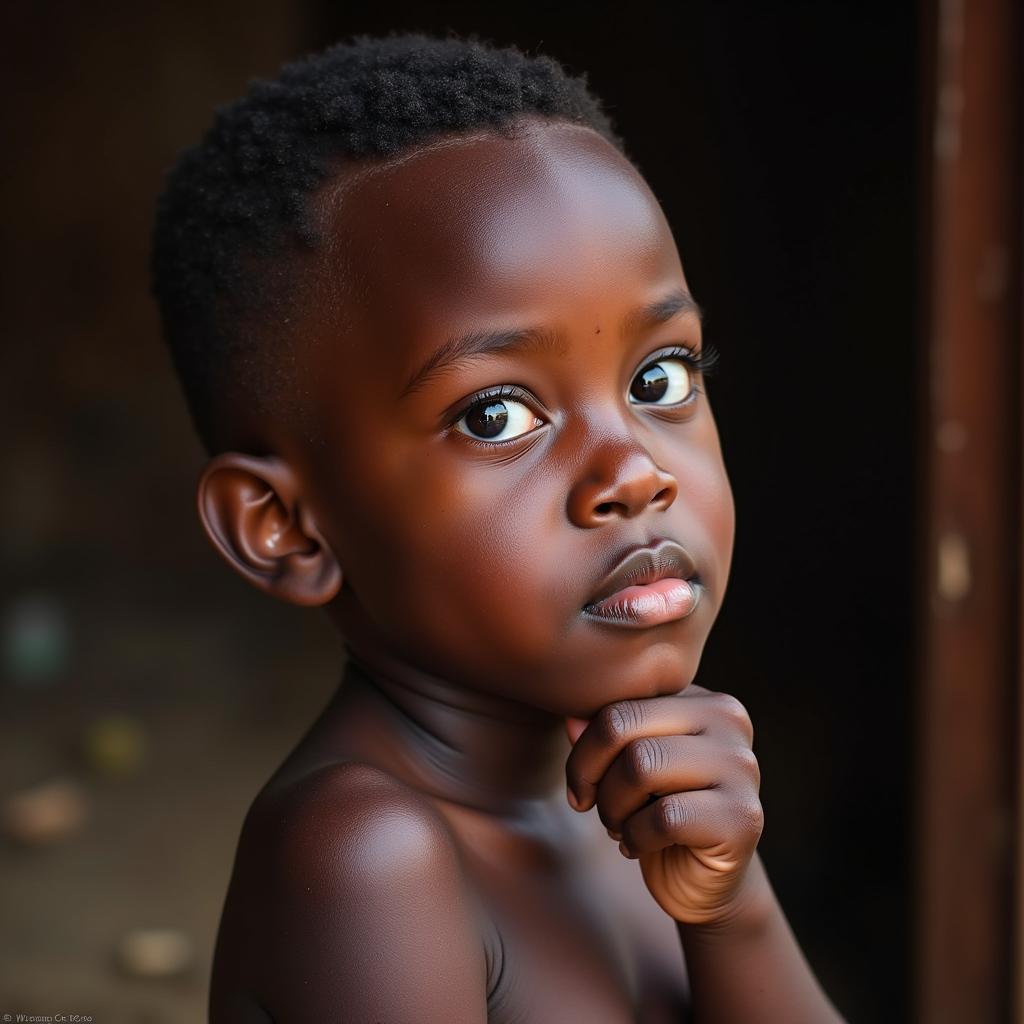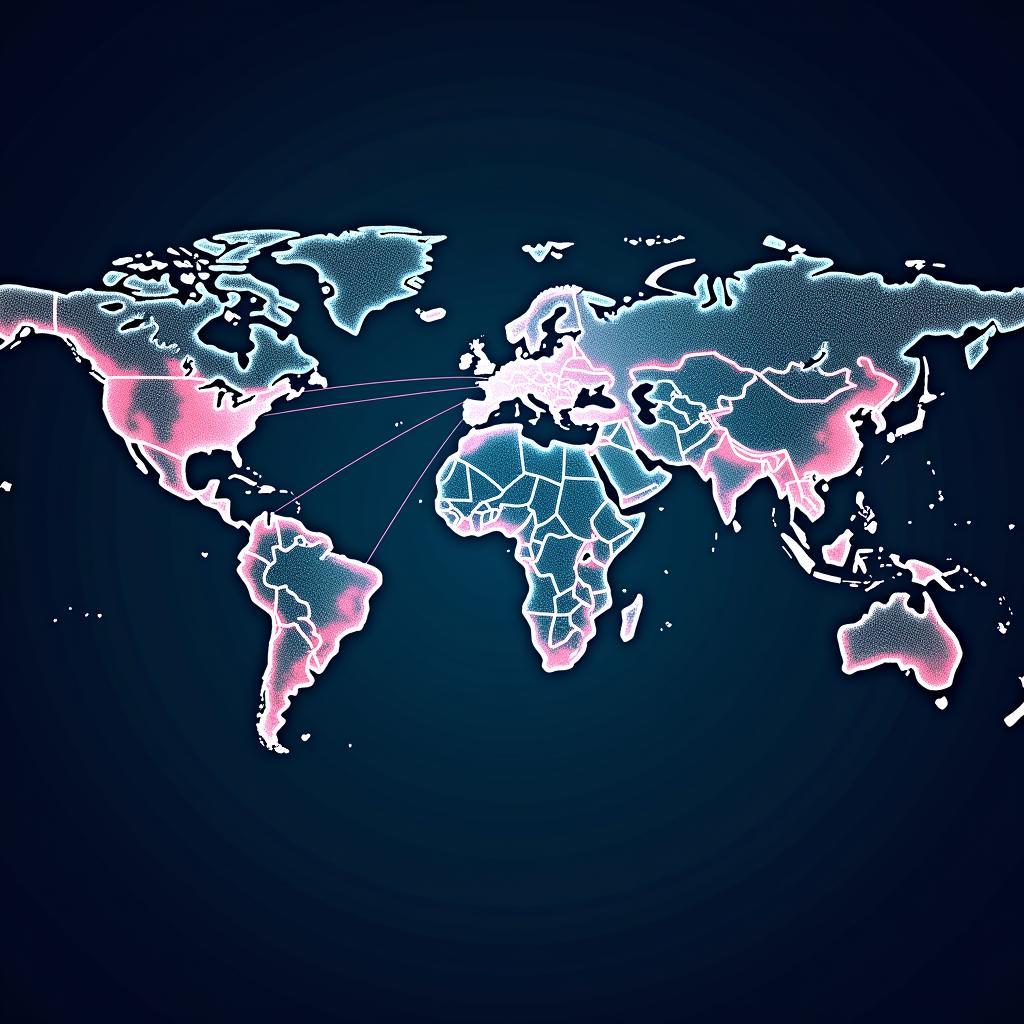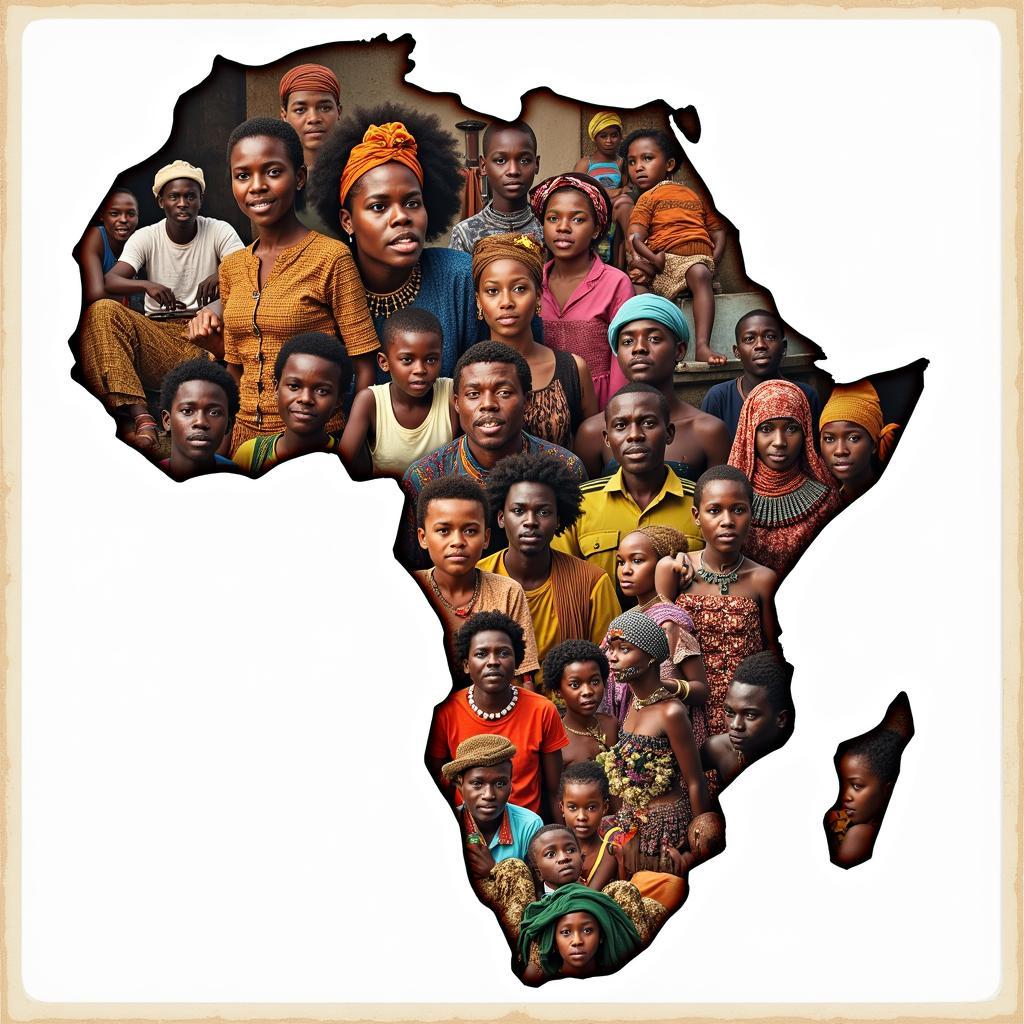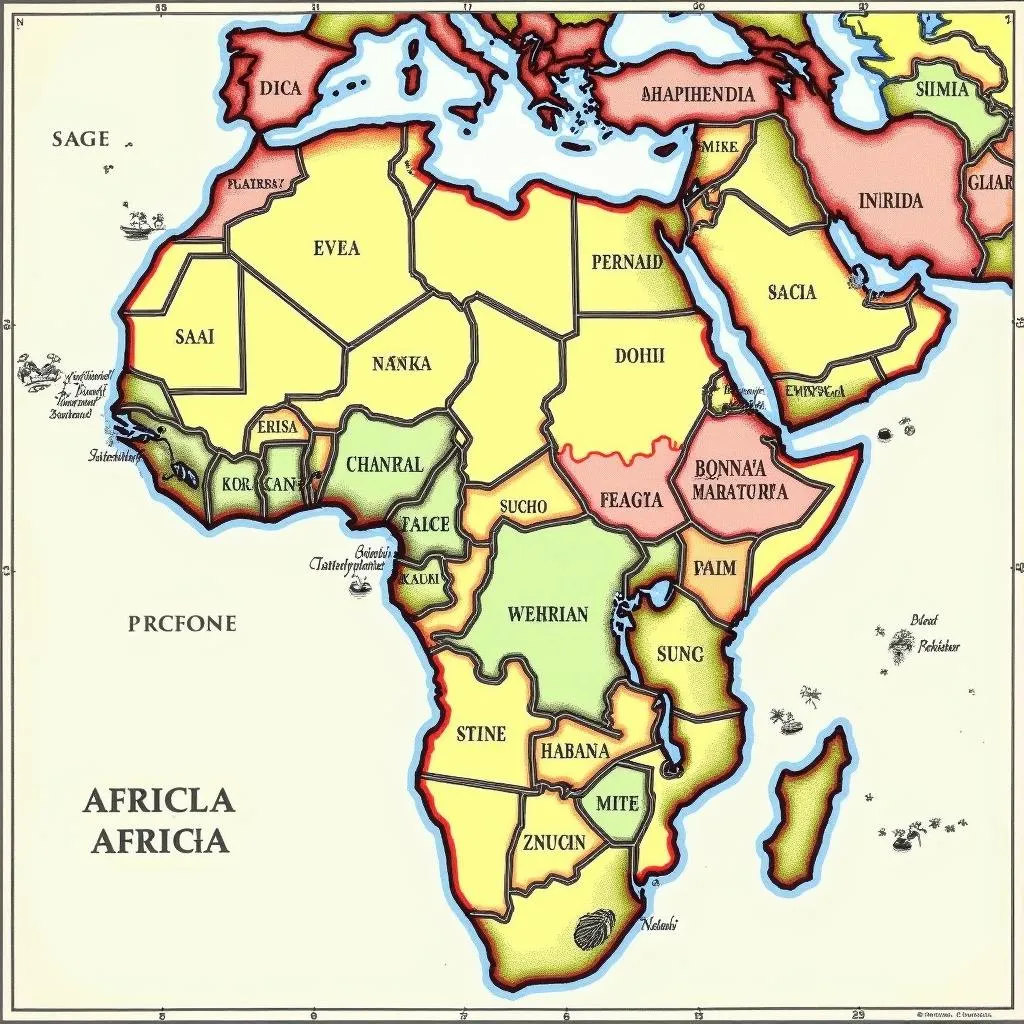Decoding the African Boy Thinking Meme: A Deeper Look at Cultural Representation
The “African boy thinking” meme, featuring a young boy with a thoughtful expression, has taken the internet by storm. But what lies beyond the humor? This seemingly simple image offers a valuable opportunity to delve into complex issues of cultural representation, stereotyping, and the power of internet culture in shaping global perceptions.
Beyond the Meme: Understanding the Image’s Origins
 Young Boy Contemplating
Young Boy Contemplating
The origins of the meme are often shrouded in the ambiguity of the internet, making it difficult to pinpoint the exact source. This lack of clear context can be problematic, as it allows for misinterpretations and the potential perpetuation of stereotypes. While the meme itself might seem harmless, its viral spread raises important questions about how images of Africa and its people are consumed and disseminated in the digital age.
The Power and Peril of Internet Memes
 Global Internet Network with Meme Sharing
Global Internet Network with Meme Sharing
Memes have become a ubiquitous form of communication, capable of transcending geographical boundaries and linguistic barriers. Their humor often lies in their relatability, allowing individuals from diverse backgrounds to connect over shared experiences and sentiments. However, this very power to connect can also be a double-edged sword. When memes lack proper context or rely on simplistic representations, they risk reinforcing harmful stereotypes.
Challenging Stereotypes: The Importance of Nuance
The “African boy thinking” meme, while potentially amusing, can inadvertently contribute to a one-dimensional view of Africa and its people. The continent is incredibly diverse, with a rich tapestry of cultures, languages, and experiences. Reducing this complexity to a single image risks perpetuating the harmful narrative of a monolithic Africa.
Moving Beyond the Image: Engaging with Africa’s Diversity
 A Collage of African People from Different Cultures
A Collage of African People from Different Cultures
It’s crucial to remember that the “African boy thinking” meme is just one image, a single snapshot that cannot encompass the vastness of the African experience. To truly understand and appreciate Africa, we must move beyond simplistic representations and engage with its multifaceted realities. This involves seeking out diverse voices, engaging with authentic narratives, and challenging our own preconceived notions.
From Meme to Meaningful Dialogue: Using Internet Culture for Positive Change
The viral spread of the “African boy thinking” meme, while raising concerns, also presents an opportunity. It allows us to initiate a conversation about responsible representation, cultural sensitivity, and the importance of nuanced understanding. By engaging in thoughtful dialogue and seeking out diverse perspectives, we can leverage the power of internet culture to foster greater cross-cultural understanding and appreciation.
